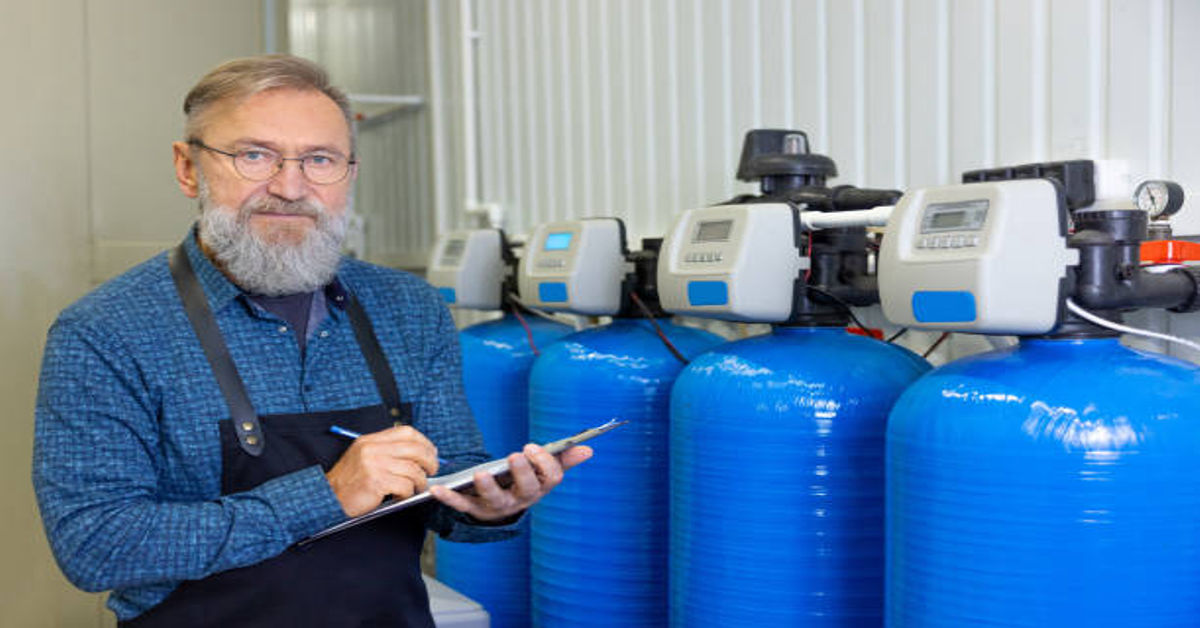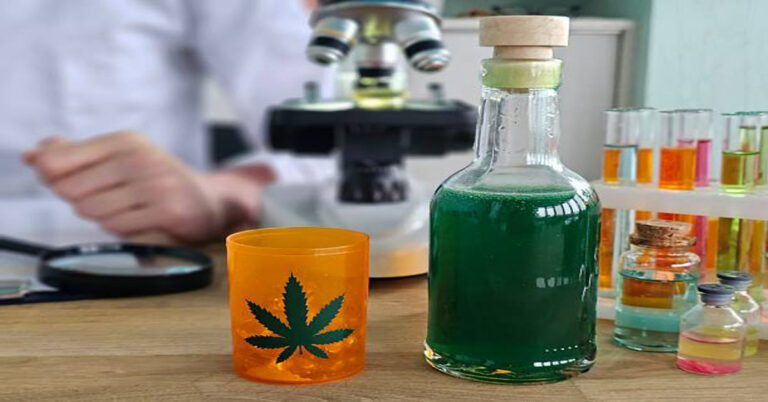
Vegas water softeners & conditioning quality is essential no matter where you live, but if you live in Las Vegas or surrounding Southern Nevada areas, you already know that water hardness is a real daily challenge. The region’s water supply naturally contains high levels of dissolved minerals because it is sourced primarily from Lake Mead and local groundwater, both of which carry heavy concentrations of calcium and magnesium. These minerals are not harmful to your health, but they can negatively impact plumbing systems, household appliances, personal hygiene, and even home maintenance costs over time. This is why water softening and conditioning systems have become a common investment for homeowners and businesses in and around Las Vegas.
This comprehensive guide explains everything you need to know about Vegas water softeners and conditioning: how they work, why they are needed, the differences between softeners and conditioners, costs, features, comparisons, maintenance tips, installation considerations, and how to choose the right system based on home size, budget, and water usage patterns. By the end, you will be fully prepared to make an informed and long-term decision rather than choosing a system that simply appears popular or cheap.
Understanding Water Hardness in Las Vegas
Water hardness is measured in grains per gallon (GPG), and water is considered “hard” when it contains more than 7 GPG. Las Vegas water typically ranges anywhere from 14–20+ GPG, which categorizes it as extremely hard. This level of hardness explains why showers leave mineral residue, dishware becomes cloudy, faucets get chalky buildup, and water heaters become less efficient over time.
Hard water also interferes with soap effectiveness, making it harder to achieve a proper lather whether washing hands or clothing. Households using hard water often notice dry hair, itchy skin, and rapid wear in washers, dishwashers, and water heaters.
Common Symptoms of Hard Water in the Vegas Area
Below is a quick overview table showing typical signs that suggest you likely need water treatment:
| Hard Water Symptom | Description | Visible Impact |
|---|---|---|
| Scale buildup | Mineral crust on fixtures and pipes | Cloudy faucets, showerheads clog |
| Soap inefficiency | Low lather with body wash or detergent | Need more soap or shampoo |
| Skin and hair dryness | Minerals strip natural oils | Irritation, brittle hair |
| Appliance damage | Heating elements collect scale | Shortened appliance life |
| Spotting on dishes | Hard minerals leave marks | Cloudy glassware and plates |
| Reduced water pressure | Pipes clog with mineral deposits | Slow running water |
What Are Water Softeners?
A water softener is a treatment device designed to remove hardness-causing minerals, primarily calcium and magnesium, using an ion exchange process. Most traditional softeners use salt (sodium or potassium chloride) to complete this exchange.
When hard water flows through the softener tank, negatively charged resin beads attract positively charged hardness minerals and trap them. The softener then releases a softened water supply through the plumbing system. Eventually, these resin beads must regenerate, meaning they are flushed with brine solution to restore their ability to capture new minerals.
Main Benefits of a Salt-Based Water Softener
- Prevents scale buildup on pipes and fixtures
- Extends the lifespan of appliances
- Reduces soap and detergent consumption
- Improves water efficiency in heaters
- Enhances skin softness and hair smoothness
- Makes house cleaning easier
What Is a Water Conditioner?
A water conditioner is not the same as a softener, even though both aim to improve water quality. A conditioner alters the behavior of hardness minerals rather than removing them. Instead of using salt or removing calcium and magnesium, it transforms them into microscopic crystals that do not cling to surfaces. This process is often called template-assisted crystallization (TAC) or electronic/ magnetic water conditioning, depending on the technology.
Conditioners are especially attractive for homeowners seeking low-maintenance water treatment without dealing with salt bags, brine tanks, or wastewater discharge.
Main Benefits of Water Conditioners
- Helps reduce scaling effects without removing minerals
- Requires little or no maintenance
- No salt or chemicals needed
- Retains minerals for drinking water benefits
- Environmentally friendly and drain-safe
- Easier installation in smaller spaces
Comparison Table: Water Softeners vs Water Conditioners
| Feature | Water Softener | Water Conditioner |
|---|---|---|
| Removes calcium & magnesium | Yes | No |
| Prevents scale buildup | Yes | Yes |
| Uses salt | Yes | No |
| Requires regeneration process | Yes | No |
| Maintenance frequency | Medium to high | Very low |
| Impact on water feel | Soft, silky | Slightly improved but not silky |
| Energy and resource use | Higher | Minimal |
| Best for extremely hard water | Excellent | Moderate |
| Drinking water effect | Removes minerals | Leaves minerals |
Why Water Treatment Is Important in Las Vegas Homes
Many residents initially view water softening as optional, but eventually discover the long-term cost of ignoring water quality. Hard water shortens the lifespan of expensive appliances such as dishwashers, tankless heaters, coffee makers, washing machines, and faucets. In areas like Las Vegas where water hardness is extremely high, protecting the plumbing system can save thousands over several years.
Here are some long-term cost-saving advantages:
- Reduced scaling inside pipes leads to better pressure stability
- Less need for repairing or replacing heating elements
- Reduced need for descaling agents and harsh chemicals
- Extended lifespan of water heater tanks and tankless units
- Clearer shower glass and easier bathroom cleaning
Types of Water Softeners Used in Las Vegas
There are several types available, and choosing the right one depends on household size, usage levels, and water hardness.
1. Salt-Based Ion Exchange Softeners
These are the most common and effective in Vegas due to severe hardness. They use resin beads and salt brine to remove minerals.
2. Salt-Free Conditioners
A conditioning system that uses TAC or catalytic media to prevent scale formation without removing minerals. Good for eco-conscious homes.
3. Reverse Osmosis (RO) Systems
Although primarily used for drinking water purification rather than whole-house softening, they effectively remove minerals, heavy metals, and contaminants. Often combined with softeners.
4. Magnetic or Electronic Conditioners
These use electromagnetic waves to change mineral structure. Results vary depending on brand and installation quality.
Factors to Consider When Choosing a System
Before investing, evaluate the following points:
| Factor | Why It Matters |
|---|---|
| Water hardness level | Determines whether conditioner is enough or softener needed |
| Household size | Affects tank capacity and regeneration cycles |
| Installation space | Some systems need large utility areas |
| Budget and operation cost | Consider long-term rather than initial |
| Maintenance preference | Some prefer salt-free convenience |
| Type of plumbing | Certain systems match better with newer pipes |
Installation Considerations in Vegas Homes
Most systems are installed near the main water line where it enters the home, often in the garage, utility room, or exterior protected enclosure. Homes with existing irrigation lines should consider bypass valves so outdoor watering does not use softened water, which is unnecessary for landscaping.
If you live in a rental, check lease terms, as installation may require written approval. Newer houses may already include a loop connection for easier installation.
Costs Associated with Softeners and Conditioners
Prices vary based on size, brand, material, and installation complexity. Below is an approximate cost overview:
| Item | Price Range |
|---|---|
| Salt-based water softener | $1,200 – $3,500 installed |
| Salt-free conditioner | $900 – $2,500 installed |
| RO drinking filtration | $350 – $1,200 |
| Yearly maintenance supplies | $40 – $250 |
Maintenance & Care Tips
To sustain optimal performance, follow these tips:
- Check salt levels monthly in salt-based systems
- Clean or replace resin beads if performance drops
- Sanitize brine tank annually
- Use high-quality salt pellets or potassium
- Flush sediment filters according to usage
- Protect system from extreme heat exposure
For salt-free units, little maintenance is required, but periodic sediment filter changes prevent clogging.
Environmental Considerations
Some cities regulate salt discharge due to wastewater concerns; however, Las Vegas currently allows salt softener usage. For homeowners wanting eco-friendly solutions, conditioners are an excellent alternative.
Is a Softener or Conditioner Better for Las Vegas?
For residents facing severe hardness and scale damage, water softeners provide the strongest results. Conditioners are great for slightly lower hardness levels, eco-focused homeowners, or those wanting easier setup with minimal upkeep. Some properties install both a softener and reverse osmosis drinking system for premium water quality.
Conclusion
Las Vegas has some of the hardest municipal water in the nation, meaning water treatment is more than a luxury—it is an essential home investment. Installing a well-sized and properly maintained water softener or conditioner will improve comfort, protect plumbing, increase appliance lifespan, and deliver long-term savings. Taking time to understand technology differences ensures you choose a reliable system that suits your household, budget, and environmental preferences.
FAQs
1. Do I really need a water softener in Las Vegas?
Yes, because local water hardness is very high and causes long-term scale buildup, appliance damage, and cleaning difficulty.
2. What is the difference between a softener and conditioner?
A softener removes hardness minerals, while a conditioner changes their behavior to prevent sticking but does not remove them.
3. Is salt-based softening safe for drinking?
It is safe, though some people prefer using separate RO filters for drinking water to reduce sodium content further.
4. How long does a water softener last in Vegas homes?
With proper maintenance, most systems last 10–20 years depending on water usage and build quality.
5. Can I install a water softener myself?
DIY installation is possible if you have plumbing knowledge, but professional installation is recommended for correct sizing and warranty compliance.




